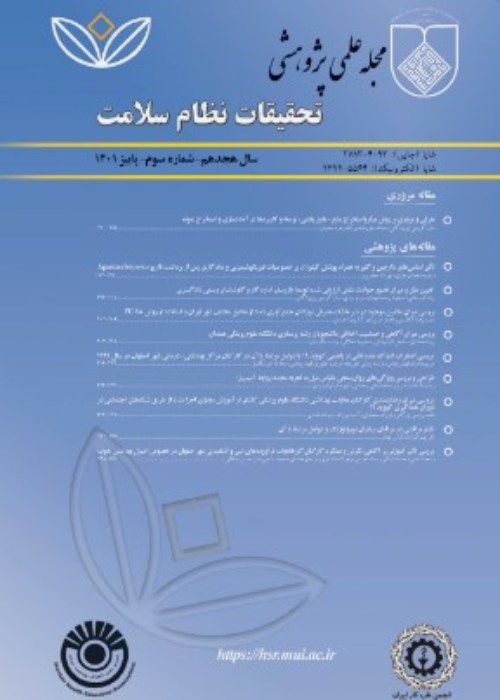Association between legume consumption and Metabolic Syndrome in women
The aim of this study was to investigate the relation between legume consumption and the metabolic syndrome among Isfahan in female nurses.
This cross-sectional study was performed among 420 Isfahanian female nurses, selected by a multistage cluster random sampling method. Usual dietary intakes of subjects were assessed using a 106-item semi-quantitative food frequency questionnaire. Legume intake was calculated by summing up the consumption of lentils, vetch, peas and different kinds of beans including faba bean. Anthropometric and blood pressure measurements were collected and fasting blood samples were taken for biochemical assessments. Metabolic syndrome was defined according to modified ATP III.
Legume consumption was not associated with the metabolic syndrome and some of its components, whereas individuals in the highest tertile of legume consumption, compared to those in the lowest tertile, had lower odds ratio of hypertriglyceridemia (3 vs. 11.4%, P=0.03) and low HDL (P=0.09, 41.1 against 51.8%). Before adjusting confounders, individuals in the highest tertile of legume intakes were 28% less likely to develop metabolic syndrome than those in the lowest tertile (0.72 (0.29-1.27)). However, this association was not statistically significant. After adjustment for age and energy intake, as well as other confounders, this association was slightly strengthened but was not significant. By taking dietary intakes into account, those in the highest tertile were significantly less likely to develop metabolic syndrome than those in the lowest tertile (0.59 (0.11-0.98)), but more adjustment for body mass index disappeared this relation (0.66 (0.17-1.07)).
Our findings indicated that there was significant inverse relationship between consumption of legume consumption and the prevalence of two metabolic syndrome components (hypertriglyceridemia and HDL cholesterol). No significant association between legume consumption and the prevalence of metabolic syndrome and other metabolic syndrome components was found. Prospective studies are needed to confirm these findings.
- حق عضویت دریافتی صرف حمایت از نشریات عضو و نگهداری، تکمیل و توسعه مگیران میشود.
- پرداخت حق اشتراک و دانلود مقالات اجازه بازنشر آن در سایر رسانههای چاپی و دیجیتال را به کاربر نمیدهد.


